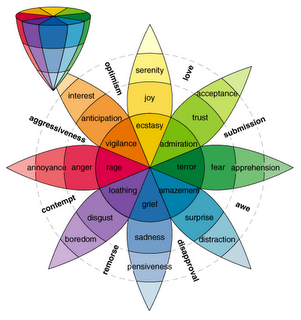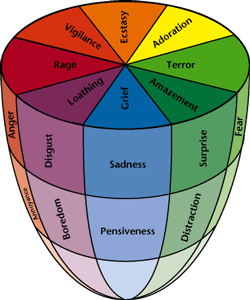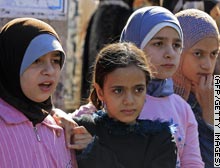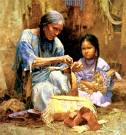
I truly wish that you are having a better Eid and New Year Eve than I am! I have a nasty flu that kept me in bed the past 2 days. My kids went out celebrating Eid with my family, came back, went to bed and I was in a complete coma through it all. I remember waking up, taking a peak at the TV, taking my medicines and falling to sleep all over again.
Now that I am relatively better, I am trying to recall some of the things I heard and saw while in and out of coma! I remember waking up around 6 am on the news of hanging Saddam on the Eid morning. I remember that thinking that the timing is off. And that his death was not as “satisfying” as I thought it would be.
Later that night I saw interviews on Al-Jazirah, CNN and Arabia across the Arab world mourning the death of a distinguished “Arabic Leader”!! Egypt, Jordan, Palestine, Yemen .. even Iraqis !! I went to coma again hoping not to wake up again to a world where someone like Saddam Hussein is mourned and considered a great leader!
My next conscious moments were when a new CNN Presents show began. It was around the Da Vinci Code theory of the changes made on the Christianity beliefs across the centuries and the role of the Roman Empire is shaping the religion into its current shape and away from its originally intended message. I went to sleep again thinking, how can people still believe despite all this clear undisputed evidence that their faith had been tampered?!

Today I am a bit better. So I could stay up for longer periods and follow the complete stories in the news. One of the interesting documents I saw today was a repetition of a 20/20 episode titled “Where is Heaven?” Barbara Walters meets people of different backgrounds and belief systems and discusses the origin and meaning of heaven across cultures, philosophies and religions. She interviews a scientist who discovered a “God Gene” that basically proves that some people are genetically more inclined to “believe” than others.
Finally there was a Panorama show on the nuclear black market! The program illustrates in minute details the way Pakistan, Iran and Iraq obtained their nuclear powers with the blessings of the American and British intelligence. A large network of well trained Eastern and Europeans selling technology, hardware and Uranium to the area regimes in delicate coordination with the US and the UK. The trading was stopped only when the same network began doing business with Libya!
I am sick, tiered and drugged, so my little brain can not really comprehend how can some people SEE Saddam’s atrocities and still be blind to it. I don’t understand how can people TALK about the alterations in History and still believe in absolute truths? How come there are those who HEAR all about the nuclear black market in Germany, Dubai and Pakistan and still think that this can play to our benefit?
The truth is that we see, hear and comprehend what we want to see, hear and comprehend. Our perception is selective and highly biased by our beliefs and values. Hmmmm the “God Gene” ?! Can this be genetic ?!


















 A healthy regular
A healthy regular 








